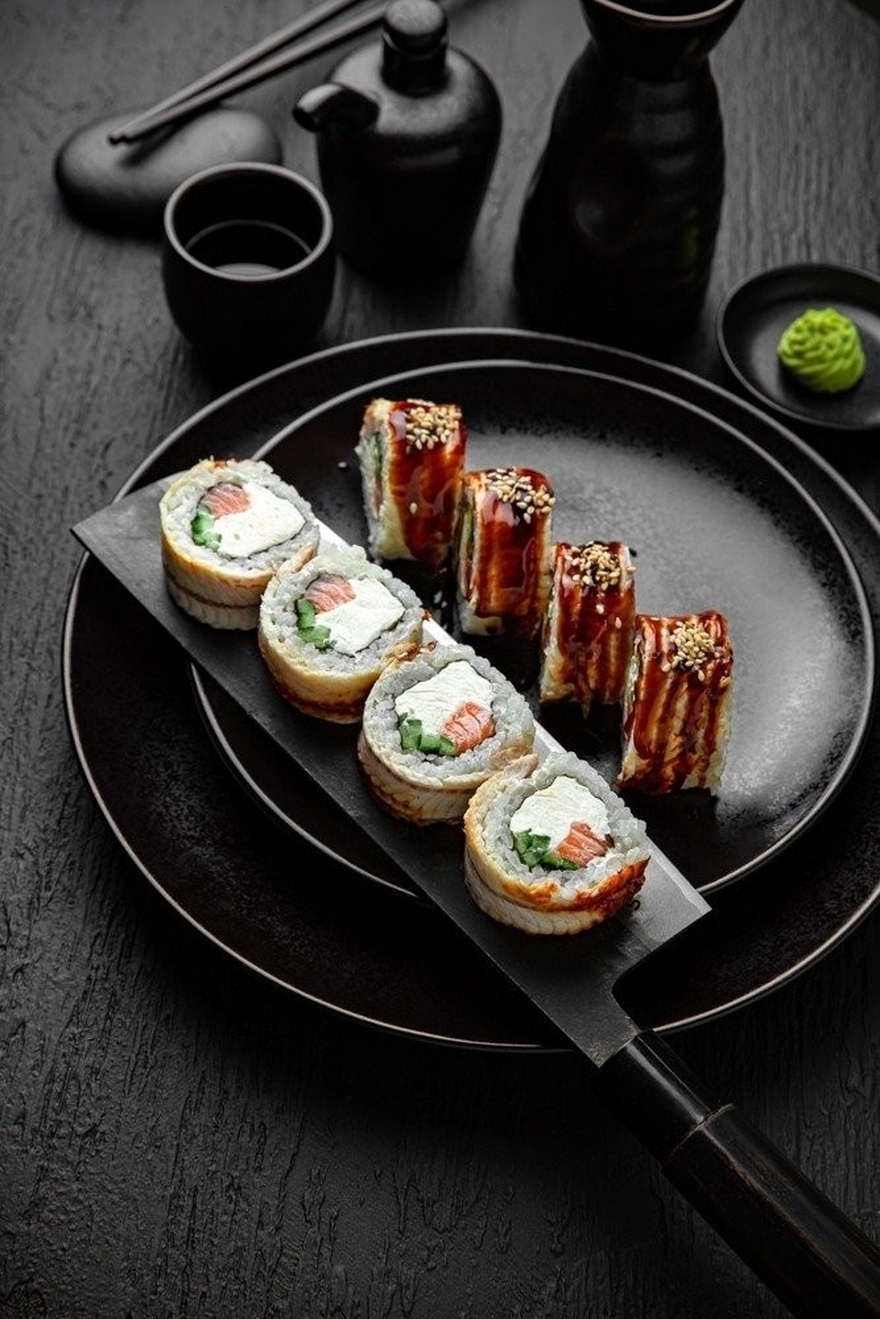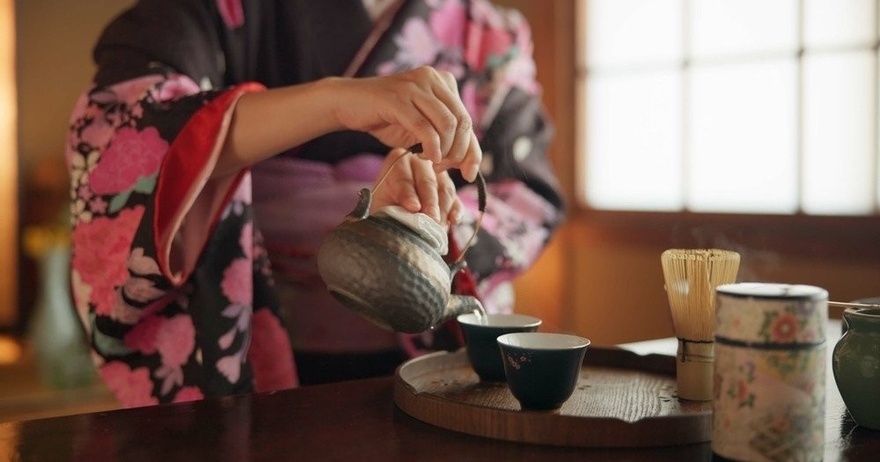Longevity is a universal aspiration, often linked to the hope of leading a long, fulfilling life. According to recent life expectancy reports, Japan consistently ranks as one of the top countries for longevity. With 2.31 million people reaching the age of 90 and over 71,000 centenarians, Japan stands out for its remarkable longevity statistics.

So, what’s the secret behind this impressive feat? The answer lies largely in the Japanese lifestyle, particularly their dietary habits. Let’s delve into the key elements of the Japanese diet and lifestyle that contribute to their exceptional longevity and explore how adopting these practices could benefit anyone aiming for a longer, healthier life.
Understanding the Japanese Diet
The Japanese diet is a fascinating blend of healthful eating habits that emphasizes balance, variety, and moderation. It includes a wide range of foods such as seafood, soy products, fermented foods, and tea, while minimizing the intake of meats, sugars, and dairy products. This diet is celebrated for its balance and nutritional completeness, which is a significant factor in the longevity of Japanese people. Here are the top five dietary secrets that contribute to their impressive lifespan, along with one additional practice that enhances their overall well-being.
1. Eat Slowly and Mindfully
One of the cornerstone practices of the Japanese diet is the principle of eating slowly and mindfully. In Japan, meals are not just about nourishment but also about savoring the experience. Japanese people take their time to chew food thoroughly, which aids in digestion and allows them to fully appreciate the flavors and textures of their meals. This mindful eating approach also fosters better communication and bonding during meals, as families and friends often use mealtime as an opportunity to connect. By eating slowly, Japanese individuals also give their bodies the chance to signal fullness, which helps prevent overeating.
Incorporating this practice into your own life can be surprisingly simple. Start by focusing on your food, chewing each bite thoroughly, and pausing between bites. This can enhance your digestion, improve your enjoyment of meals, and help you become more aware of your body’s hunger and fullness cues.

2. Portion Control
Portion control is another crucial element of the Japanese diet. Instead of indulging in large portions, Japanese people often use smaller plates and bowls. This practice not only helps in managing calorie intake but also encourages a more mindful approach to eating. By serving food in smaller portions, individuals are more likely to eat until they are satisfied rather than overly full. This method helps in maintaining a healthy weight and prevents the pitfalls of overeating.
Adopting portion control doesn’t mean you have to drastically change your eating habits overnight. Start by using smaller plates and bowls, and try to listen to your body’s signals of hunger and satiety. Gradually reducing portion sizes can lead to healthier eating patterns and better weight management over time.
3. Embrace the Ritual of Tea
Tea is an integral part of Japanese culture, and the Japanese are known for their love of various types of tea. Among the most celebrated is Matcha tea, a powdered green tea that is rich in antioxidants and has numerous health benefits. Matcha contains high levels of catechins, a type of antioxidant that helps combat oxidative stress and inflammation. This can contribute to better skin health and a reduced risk of chronic diseases.
In addition to Matcha, Japanese people frequently enjoy other types of tea, such as Sencha and Hojicha, which also offer antioxidant properties. Incorporating tea into your daily routine can provide similar health benefits. Consider replacing sugary beverages with a cup of green tea to enhance your antioxidant intake and support overall well-being.
4. Don’t Skip Breakfast
Breakfast is considered a fundamental meal in Japan, and skipping it is not a common practice. A typical Japanese breakfast might include steamed rice, rice pudding, and grilled fish. This balanced meal provides essential nutrients and energy to start the day while preventing unhealthy cravings later on. The emphasis on a substantial breakfast helps maintain stable energy levels and supports overall health.
To align with this practice, aim to include a balanced breakfast in your daily routine. Incorporate a combination of protein, whole grains, and healthy fats to ensure you start your day with sustained energy and avoid the temptation of mid-morning snacks. This simple habit can have a significant impact on your overall health and well-being.

5. Practice “Hara Hachi Bun Me”
The Japanese concept of “Hara Hachi Bun Me” translates to “eat until you are 80 percent full.” This principle encourages individuals to stop eating before they are completely full, promoting moderation and preventing overeating. By listening to their bodies and stopping when they are satisfied but not overly full, Japanese people manage their weight and support their digestive health. This approach also aligns with their preference for savory dishes over sugary desserts, which helps in maintaining a balanced diet.
To incorporate this practice into your life, pay attention to your body’s signals during meals. Eat slowly, savor each bite, and stop eating when you feel comfortably full rather than pushing yourself to finish everything on your plate. This mindful approach can help prevent overeating and support a healthier relationship with food.
6. The Role of Fermented Foods
Adding an extra layer to these principles is the Japanese emphasis on fermented foods. Fermented foods like miso, natto, and pickled vegetables are staples in the Japanese diet. These foods are rich in probiotics, which are beneficial for gut health. A healthy gut microbiome is linked to improved digestion, enhanced immune function, and even mental well-being.
Incorporating fermented foods into your diet can be an excellent way to boost your gut health. Consider adding foods like yogurt, kefir, or sauerkraut to your meals to reap the benefits of probiotics. These foods can support digestive health and contribute to overall longevity.

Embracing the Japanese Approach to Longevity
The dietary and lifestyle habits of the Japanese people offer valuable insights into achieving a long and healthy life. By eating slowly, practicing portion control, embracing the ritual of tea, never skipping breakfast, adhering to “Hara Hachi Bun Me,” and incorporating fermented foods, you can adopt a more balanced and mindful approach to eating.
While adopting these practices may require some adjustments, the potential benefits for your health and longevity make it worthwhile. Embrace these principles gradually, and observe how they impact your well-being. By incorporating these Japanese food secrets into your daily routine, you may find yourself on a path to a longer, healthier, and more fulfilling life.






























